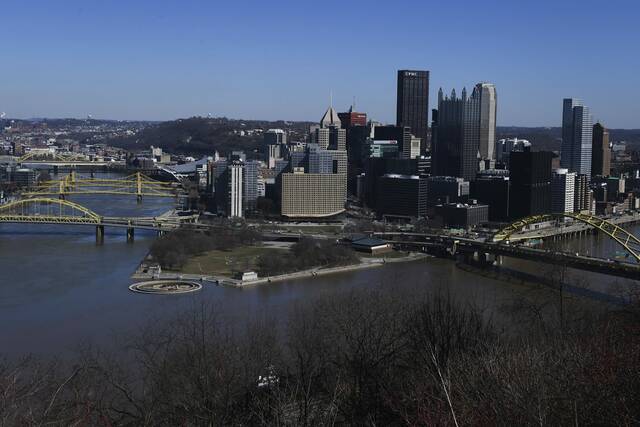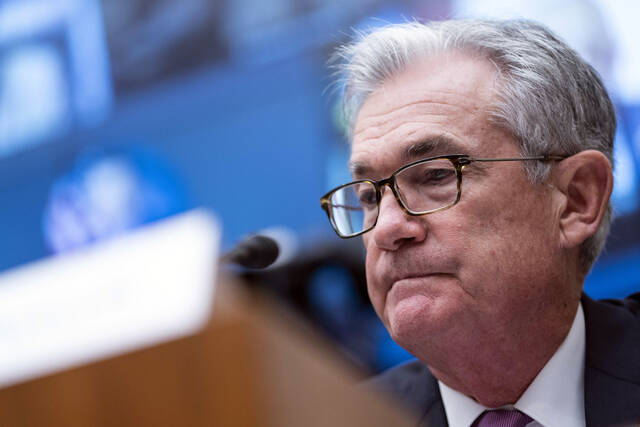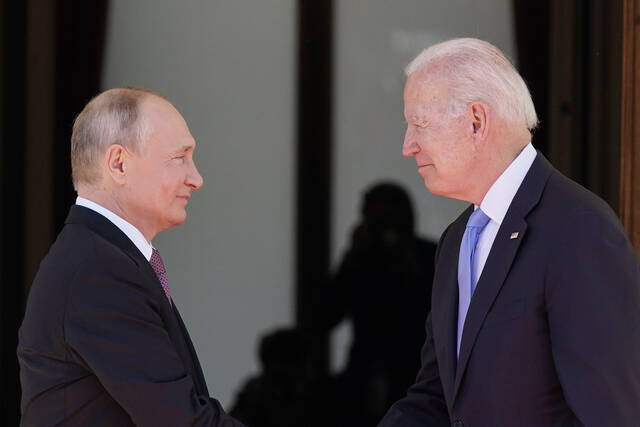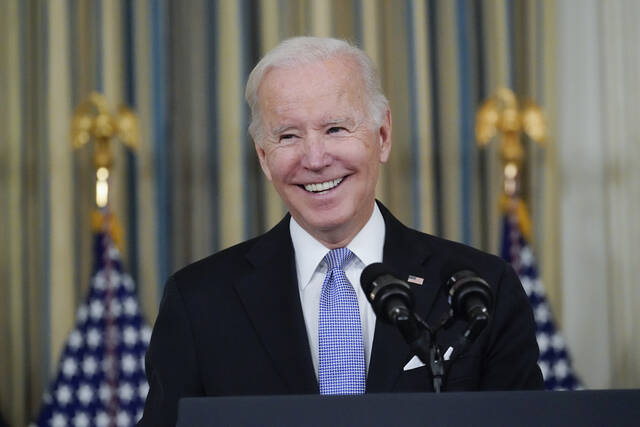Extreme weather has always been a fact of life in America, but few of us can recall a time like this summer when nearly every region of the country was hit by either severe drought, wildfire, flooding or deadly storms. As climate change accelerates, these events are only expected to grow more frequent and severe.
What Mother Nature is telling us is that it is no longer wise, nor sustainable, to sit back and let climate change intensify. Fortunately, we have elected leaders like Sen. Bob Casey who understand this and who also see the clear advantages of a proactive strategy. In Casey’s words, “Our state and our workers have the ability to confront a changing climate and grow our economy.”
What’s less appreciated in the current conversation is the vital importance of carbon pricing. No other policy would work as quickly to slash carbon emissions, while also creating opportunity, especially here in Pennsylvania, for sustainable infrastructure investments, business growth, and new jobs. It should form the core of our climate response.
A carbon price would charge fossil fuel companies a fee for their emissions, creating a clear economic incentive to embrace more efficient alternatives. Without it, any measures to help our environment — whether it’s promoting individual responsibility, electric vehicle manufacturing here in the US, or greater energy efficiency in our power sector — will be slower and harder to implement and do not address the biggest contributors to the climate crisis. As U.S. Treasury Secretary Janet Yellen outlined earlier this year, “We cannot solve climate change without effective carbon pricing.”
Yellen isn’t the only one who supports carbon pricing. More than 3,500 economists, including a record 28 Nobel laureates, have publicly endorsed a carbon fee and dividend approach to address climate change, where the revenues raised from the fee are returned directly to citizens. This includes hundreds of economists from across our state, including Penn State, the University of Pennsylvania, Temple University, Drexel University and the University of Pittsburgh.
Returning revenue from a carbon fee to citizens as direct checks would protect consumers. This stands in sharp contrast to other approaches to cutting emissions, which risk raising energy costs without any financial cushion. Put simply, the carbon dividends approach would ensure big companies pay for their emissions, while also putting money back into the hands of every day Pennsylvanians. In fact, the vast majority of Pennsylvania workers and families emerge with more money in their pockets — underscoring the broad appeal of this approach.
Inaction is dangerous and irresponsible. It’s time to act on solving the climate crisis with forward-thinking solutions. As Congress continues to debate climate policy, we should do everything we can to ensure a carbon price and dividend is at the center of the conversation. With this approach, we can deliver a low-carbon future and, with it, a stronger economy for Pennsylvania families.
Annmarie Rounds- Sorensen is a political science/labor and employment relations major at Penn State, president of the College Democrats at Penn State and central vice president of the Pennsylvania College Democrats.








